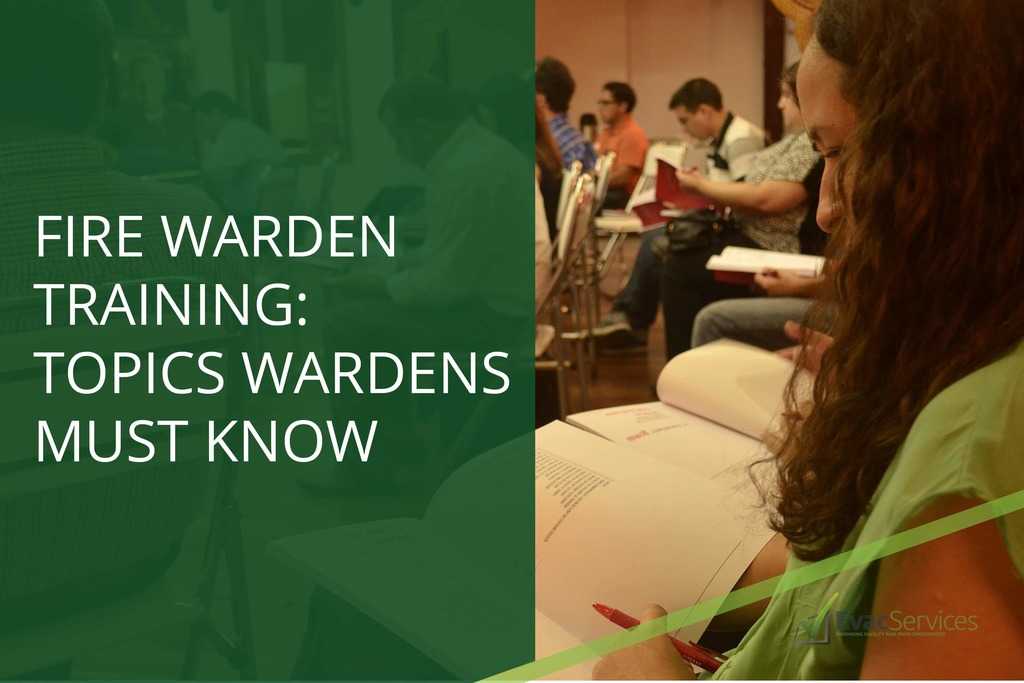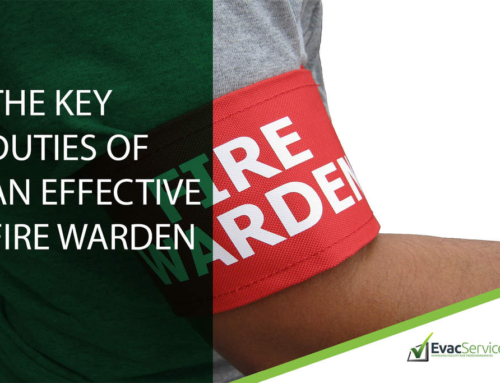Providing Fire Warden Training is a legal obligation and an indispensable element in emergency planning. Take note that regardless of the best laid-out plans, it is effective to conduct training on the type of emergency that may arise to ensure the safety of the occupants.
Wardens play a crucial part in ensuring that all occupants have sufficient opportunity to move to a safe location at the soonest possible time during an emergency. Here are just some of the critical topics discussed during fire warden training:
Fire warden training topics:
The Personal Emergency Evacuation Plan (PEEP) is important in people’s survival during an emergency
For any building, it is a requirement that the occupants have an emergency plan that will consider the particular needs of those with physical or mental disabilities. The plan tailored to the needs of the individual should allow the safe egress of all parties rather than prioritise one over the other.
The PEEP is going to be an integral component, therefore, in guaranteeing the safety of everyone in the premises, whether physically disabled or not. For better facilitation, the Area Warden, as well as the emergency control point, must be duly apprised of the details of the PEEP. The Wardens are tasked with making sure that it is activated when the situation calls for the implementation of the evacuation procedure.
Fire warden training must cover the order of evacuating occupants
Granted, it may be challenging to make sure that the tenants do not panic, and that they will respond to the Emergency Control Organisation and allow the emergency plan to be implemented. Fire Warden Training will inform your wardens on the requirement to control the evacuation process.
To ensure a smooth evacuation, for every PEEP an assistant should be allocated and will be together with the mobility impaired person.
Locked area/room and unsearchable areas
A successful evacuation program considers the possibility that there may be people remaining in certain areas or places because of the emergency situation. Therefore, wardens are trained to be diligent and thorough in checking every room to ensure that all occupants have evacuated.
When checking locked rooms, make sure first to feel the door with the back of your hand to check if there is heat on the other side. That way, if ever there is indeed is fire, you will feel it on the sensitive part of your hand and are less likely to damage your hand. If the room is locked or you are unable to access it, you must report it to the Chief Warden.
Accounting for people
Fire warden training provides instructions to ensure that when evacuating you must ensure the building is positively cleared and that no individual is remaining in the building and that anyone who does remain is reported to the Chief Warden. In this way, we can ensure that the building has been evacuated before any need for a roll call or similar.
Aside from this primary consideration, there are also other factors that must be considered, such as:
- Cultural differences
- Language barriers
- Physiological or psychological conditions
- Respiratory and other medical conditions
These factors should be considered when developing your Emergency Plan. Following any incident or practice evacuation, It is important to have a de-brief and use any learnings from the event to improve the Emergency Plan.
Do you want to know fire warden training requirements that you must provide to your employees and tenants? Let us help you meet your compliance obligations, and protect the people in your care.
Complete the form below, and our experts will get back to you shortly!







Leave A Comment